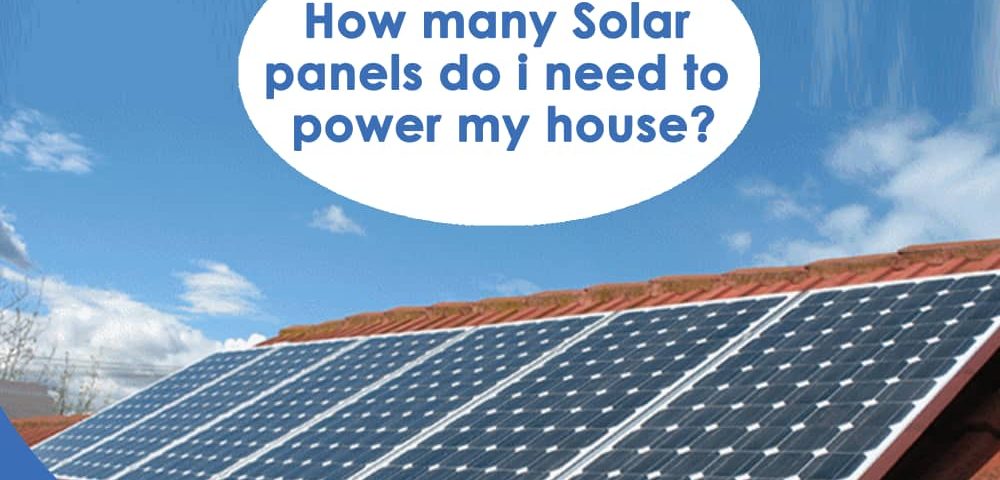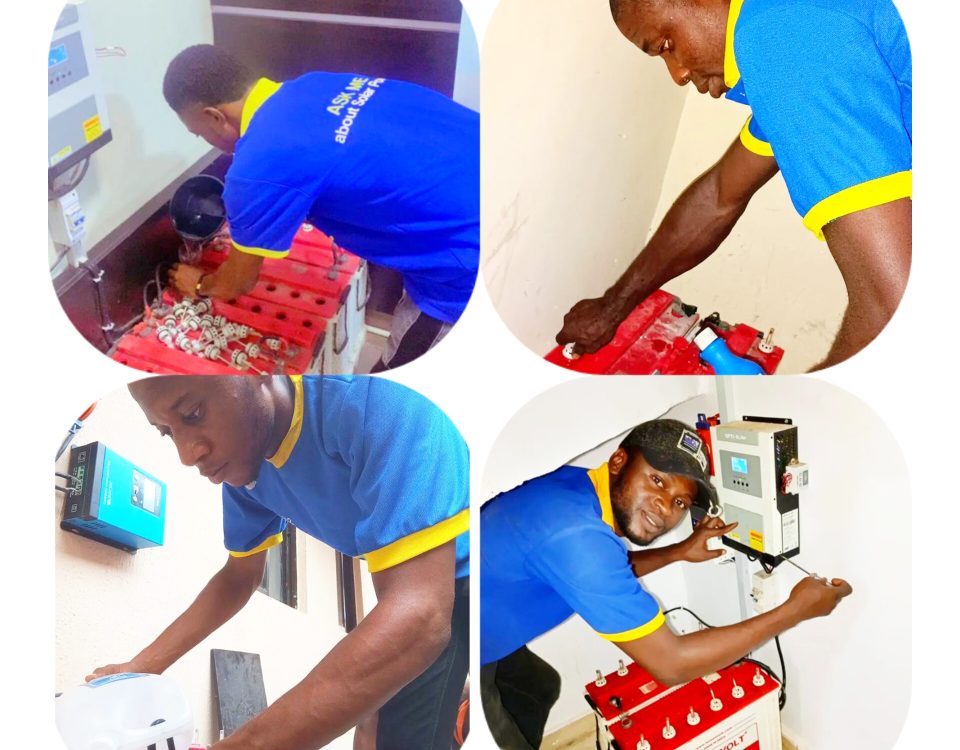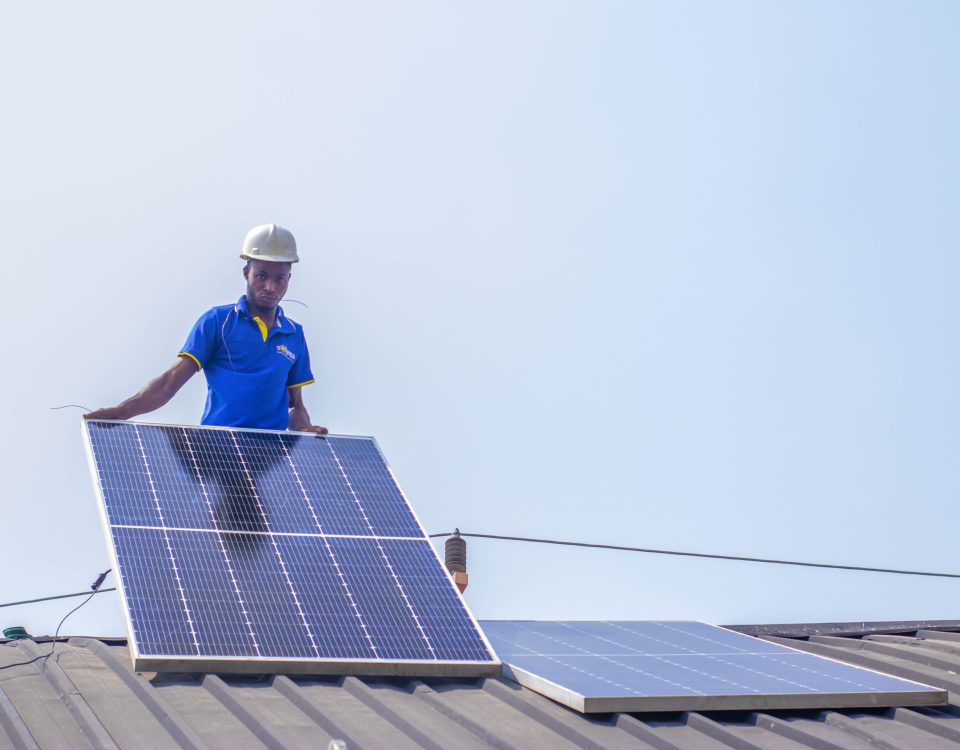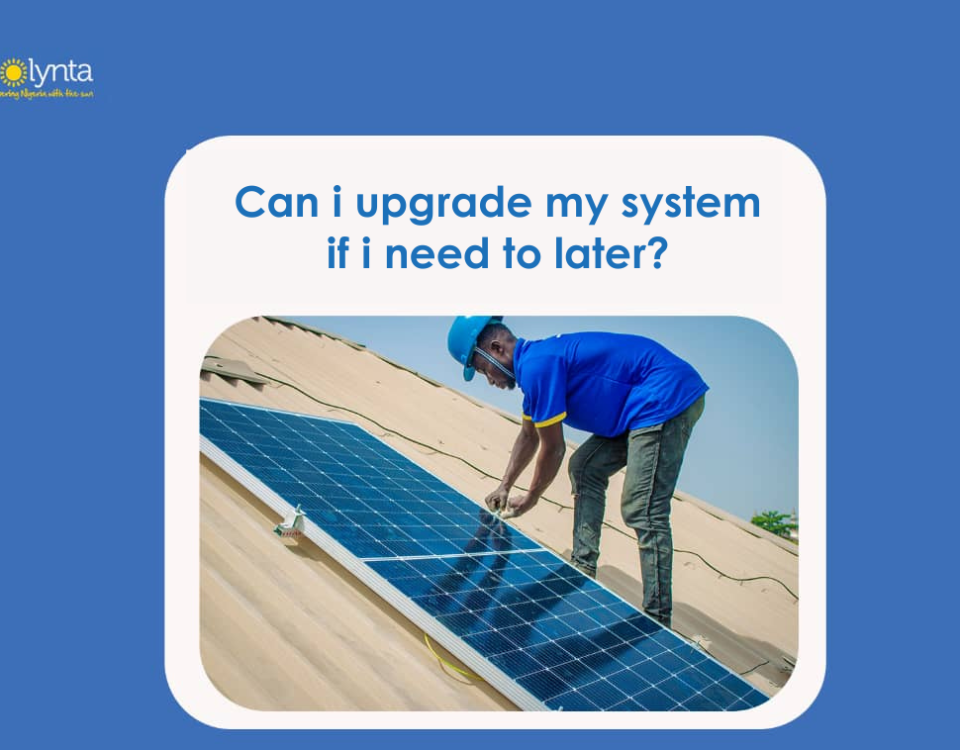How Many Solar Panels Do I Need To Power My House?

FG to Issue Third Green Bond of N25 Billion for Renewable Energy.
2020-02-11
50MW Solar Power Plant to be Constructed in Zimbabwe by Independent Power Producers.
2020-02-18Determining how many solar panels you’ll need for your home means first knowing what your goals are. Do you want to minimize your carbon footprint? Save as much money as possible? Most people want to save money while minimizing their environmental impact.
Thank you for reading this post, don't forget to subscribe!One simple way of answering the “How many solar panels do I need” question is to consult a professional solar installer, who can give you a free home solar evaluation.
- How much solar power will you need?
To determine your home’s average energy requirements look at past utility bills. You can calculate how many solar panels you need by multiplying your household’s hourly energy requirement by the peak sunlight hours for your area and dividing that by a panel’s wattage. Note that how much sunlight your roof gets and factors such as roof size and battery storage will figure in as well.
If you work with Solynta Energy, our solar experts will handle all these calculations for you. But to give you some idea of how many solar panels are needed for the average home (or for your home in particular), here is a sample set of questions that a solar professional might use to figure it out:
- How many watts do you currently use?
Look at your electricity bill for average usage. Look for “Kilowatt Hours (or kWh) Used” or something similar, and then note the time period represented (usually 30 days). If your bill doesn’t show kilowatt hours used, look for beginning and ending meter readings and subtract the previous reading from the most recent one.
You want daily and hourly usage for our calculations, though, so if your bill doesn’t show a daily average, just divide the monthly or annual average by 30 or 365 days, respectively, and then divide again by 24 to determine your hourly average electricity usage. Your answer will be in kilowatt-hours (kWh). (And just in case you are wondering, a kilowatt-hour is how much power you are using at any given time multiplied by the total time the power is being used.)
Your average daily energy usage is your target daily average for to calculate your solar needs. That’s the number of kilowatt-hours you need your solar system to produce if you want to cover 100 percent of your energy needs.
It’s important to note that solar panels don’t operate at maximum efficiency at all times. Weather conditions, for example, can temporarily reduce your system’s efficiency. Therefore, experts recommend adding a 25 percent “cushion” to your target daily average to ensure you can generate all the clean energy you need.
3. How many hours of sunlight can you expect in your area?
The peak sunlight hours for your particular location will have a direct impact on the energy you can expect your home solar system to produce. For example, if you live in Lagos you can expect to have a greater number of peak sunlight hours than if you lived in Bayelsa. That doesn’t mean a Bayelsa homeowner can’t go solar; it just means the homeowner would need more panels.
Now multiply your hourly usage (see question No. 1) by 1,000 to convert your hourly power generation need to watts. Divide your average hourly wattage requirement by the number of daily peak sunlight hours for your area. This gives you the amount of energy your panels need to produce every hour.
4. What affects solar panel output efficiency?
Here’s where solar panel quality makes a difference. Not all solar panels are alike. Photovoltaic (PV) solar panels (most commonly used in residential installations) come in wattages ranging from about 150 watts to 370 watts per panel, depending on the panel size and efficiency (how well a panel is able to convert sunlight into energy), and on the cell technology.
Because of these wide variations in quality and efficiency, it’s difficult to make generalizations about which solar panels are right for you or how many you’ll need for your home. The main takeaway is that, the more efficient the panels are, the more wattage they can produce, and the fewer you will need on your roof to get the same energy output. Conventional solar panels usually produce about 250 watts per panel, with varying levels of efficiency
To figure out how many solar panels you need, divide your home’s hourly wattage requirement by the solar panels’ wattage to calculate the total number of panels you need.
- What is the effect of solar panel size?
If you have a small or unusually shaped roof, solar panel size and numbers are important considerations. With a large usable roof area, perhaps you can sacrifice some efficiency and buy larger panels (at a lower cost per panel) to get to your target energy output. But if your usable roof area is limited, or if it’s partially shaded, being able to use fewer smaller high efficiency panels may be the best way to make the most possible power over the long term, ultimately saving you more money.
Knowing the answers to the above questions will give you an idea of the ideal number of panels for your electricity generation needs — or at least a realistic range. Next, a professional installer needs to assess your roof architecture, angle to the sun and other factors to see if and how you’d be able to physically arrange the right number of panels on your roof to achieve your daily energy production goals.
To get started, check out our zero deposit down solar plans, which can help you figure out the sizes of solar home system you might need to power your home.




